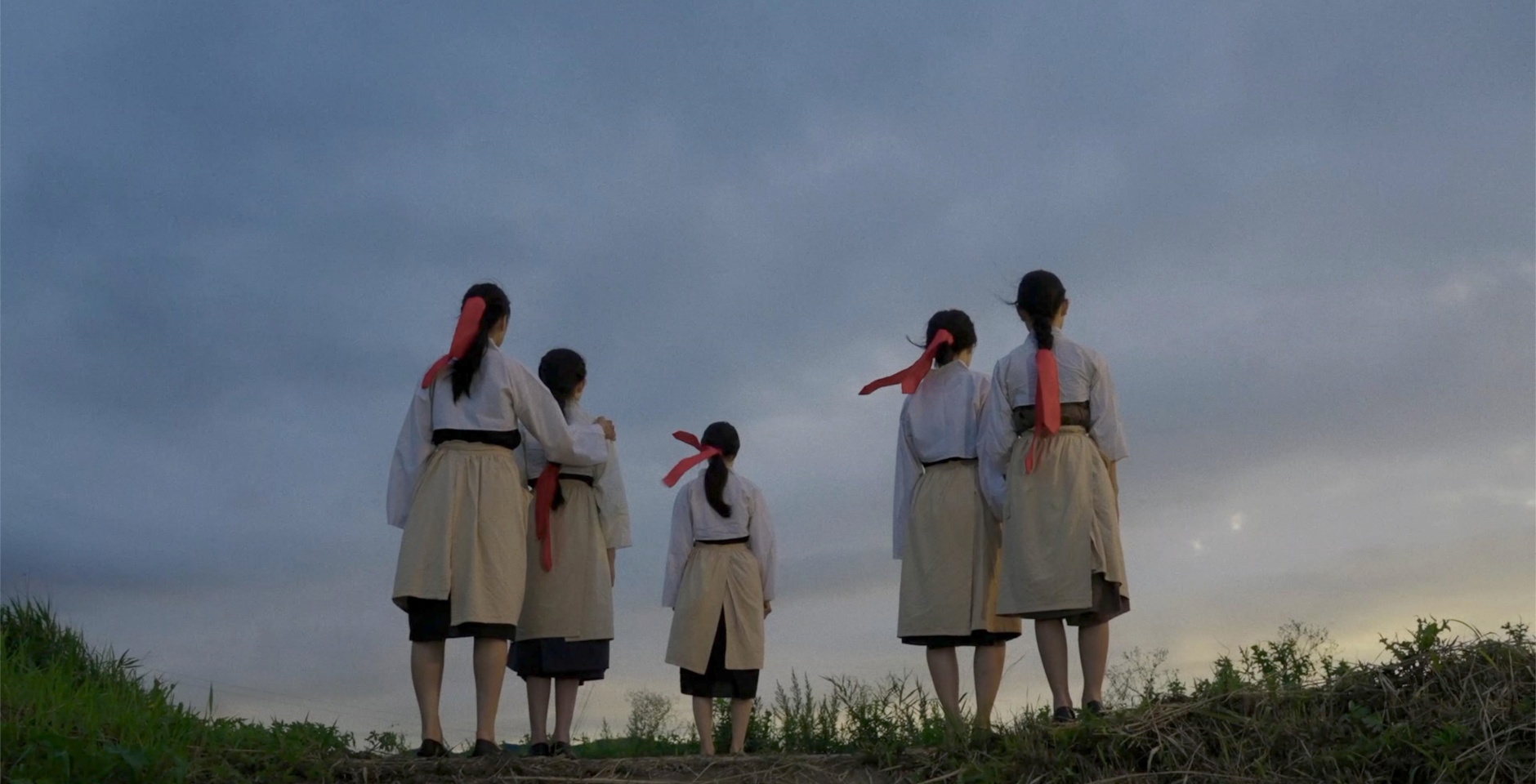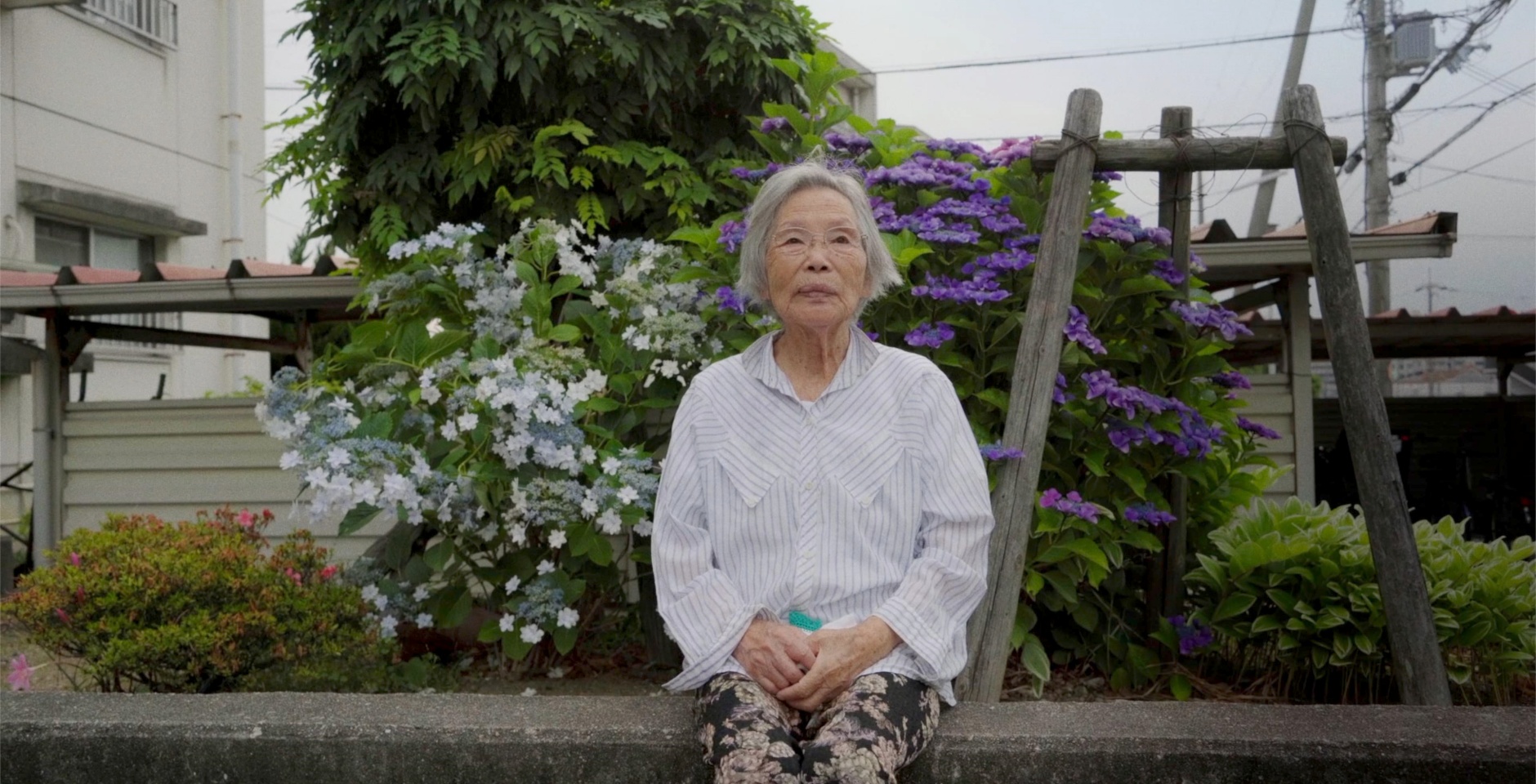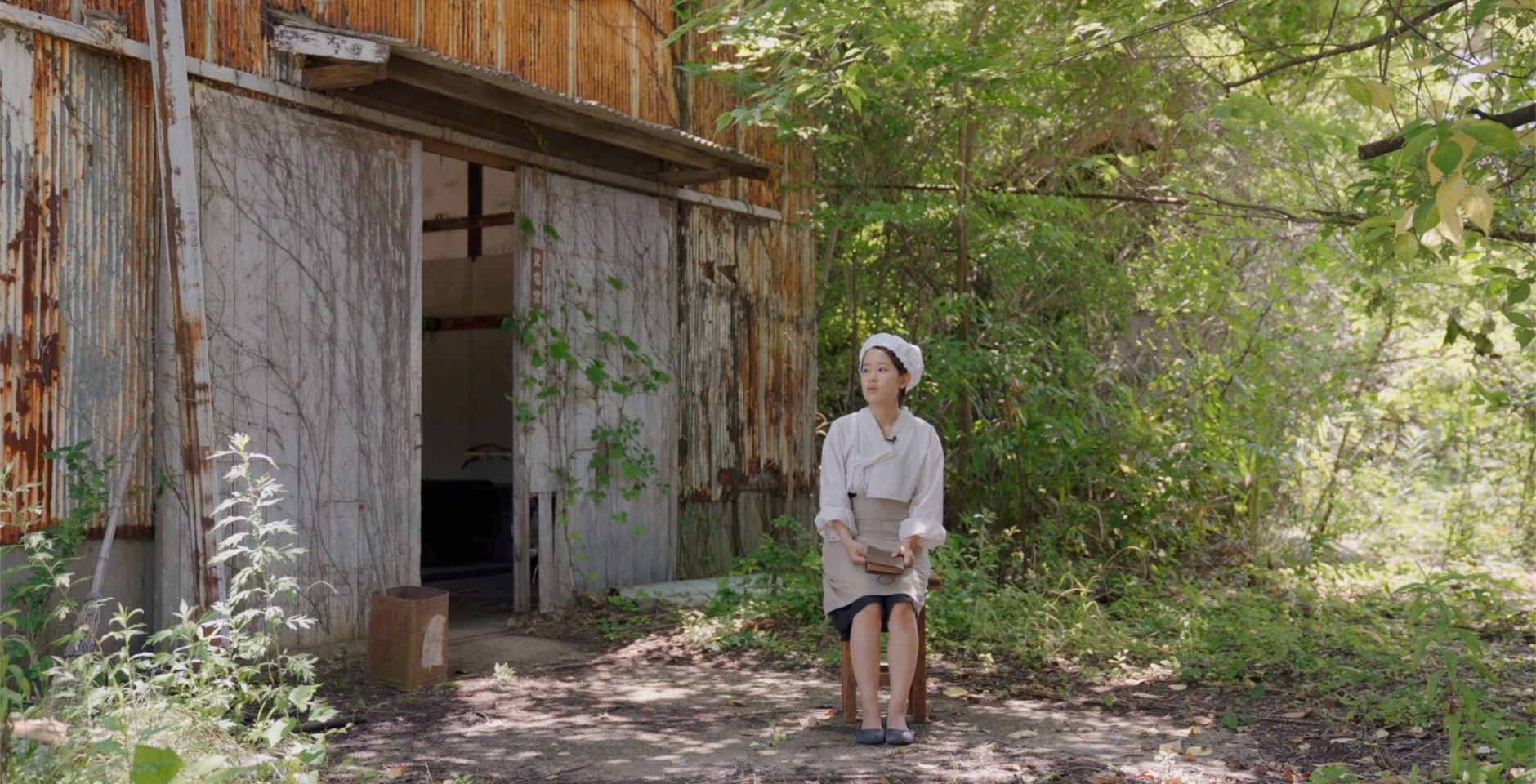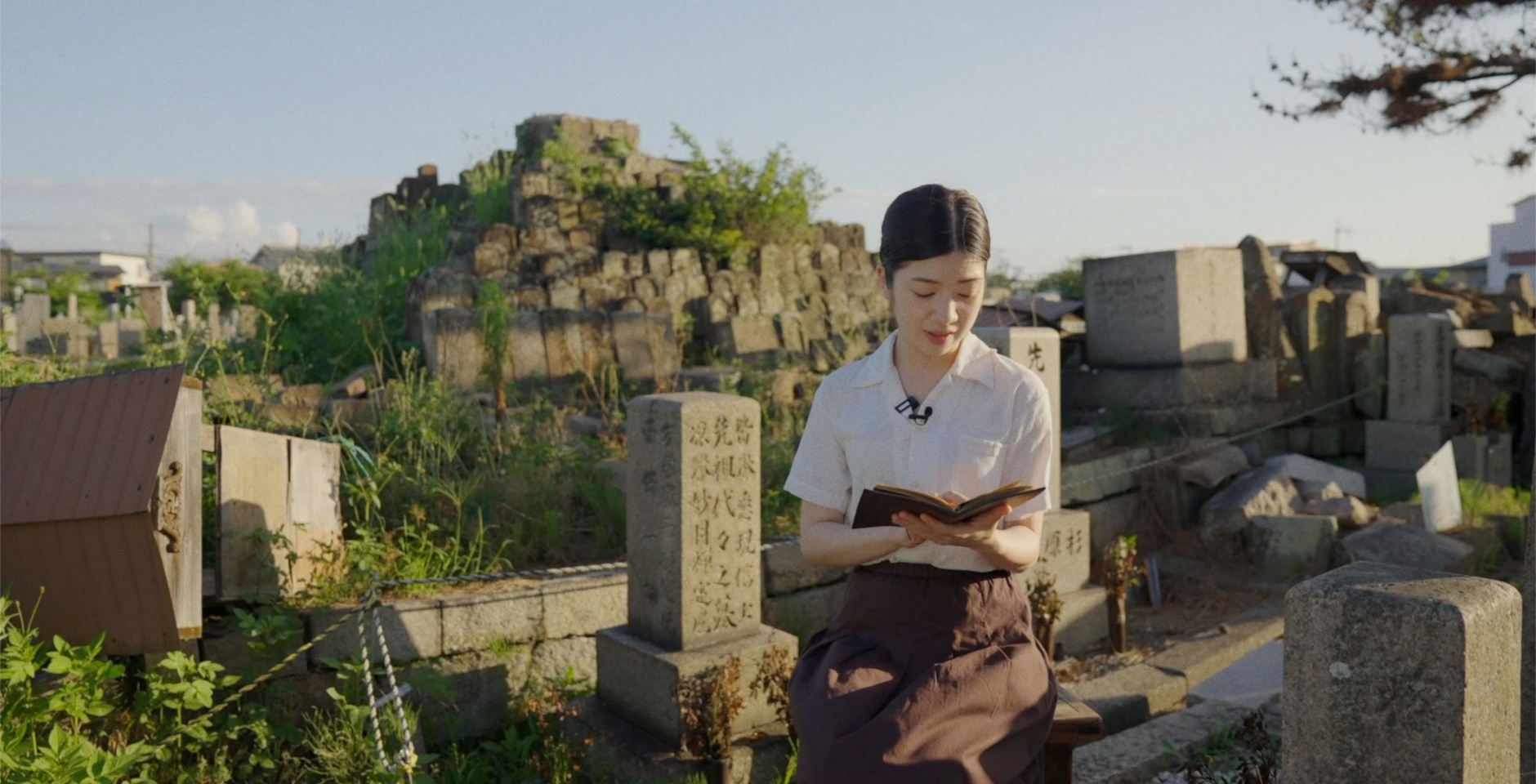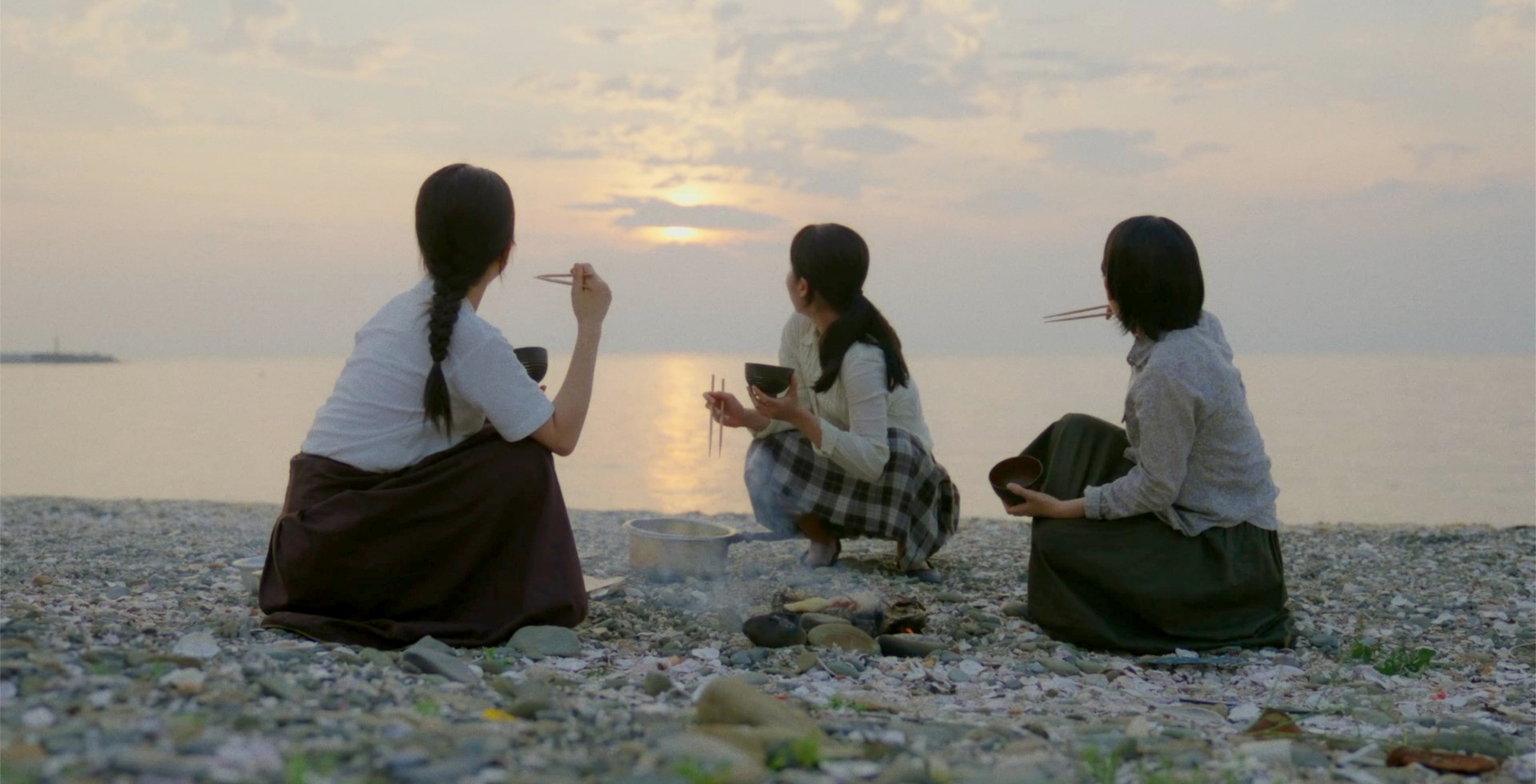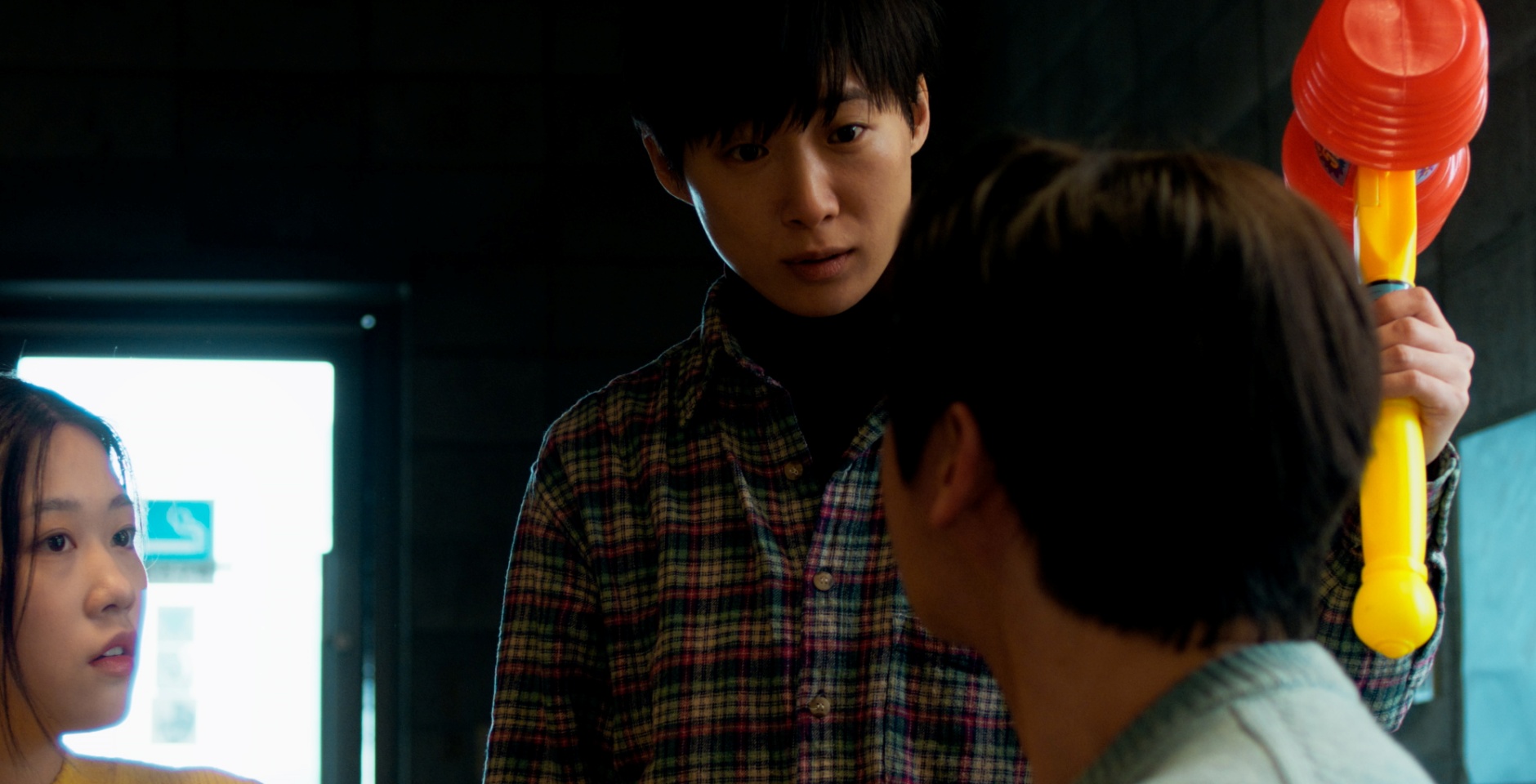It's heartbreaking to watch A Song of Korean Factory Girls. The documentary, which features the testimonies of 22 girls who were forced to work in spinning mills in Osaka, Japan, during the Japanese colonial era, either to earn a living or because they were tricked by Japanese recruiters, tells a history of hardship, discrimination, and abuse. It weaves the testimonies of these girls together under subthemes such as "Horumon," "Girls," "The Joseon Pigs," and "Red Brick Wall.” Although the story of their sufferings are vaguely expected, the detailed and specific testimonies bring nothing but sadness and regret for the young girls, who suffered the double pain of both racial and sexual discrimination. Even at the age of 12, their lives were not easy: they worked all night to spin yarn, ate cow and pig intestines for lack of food, were called pigs and ignored, were not allowed to leave the factory, and were exposed to the risk of sexual violence. Nevertheless, the girls taught themselves Hangul, wrote and read letters, and sparked large-scale strikes for their unfair treatment. In the end, the lives of the Korean factory girls were not only a history of victimization, but also a history of empowerment. Zainichi actresses, including Kang Ha-na, read the girls' testimonies and re-enacted their lives to bring them to life. It's worth comparing the film to documentaries like Kim Sungwoong’s Arirang Rhapsody, also screening in the World Cinema section, and documentaries like The Night of the Factory Girls (2023), about women working in Yeongdeungpo during the Japanese occupation. (MOON Seok)












